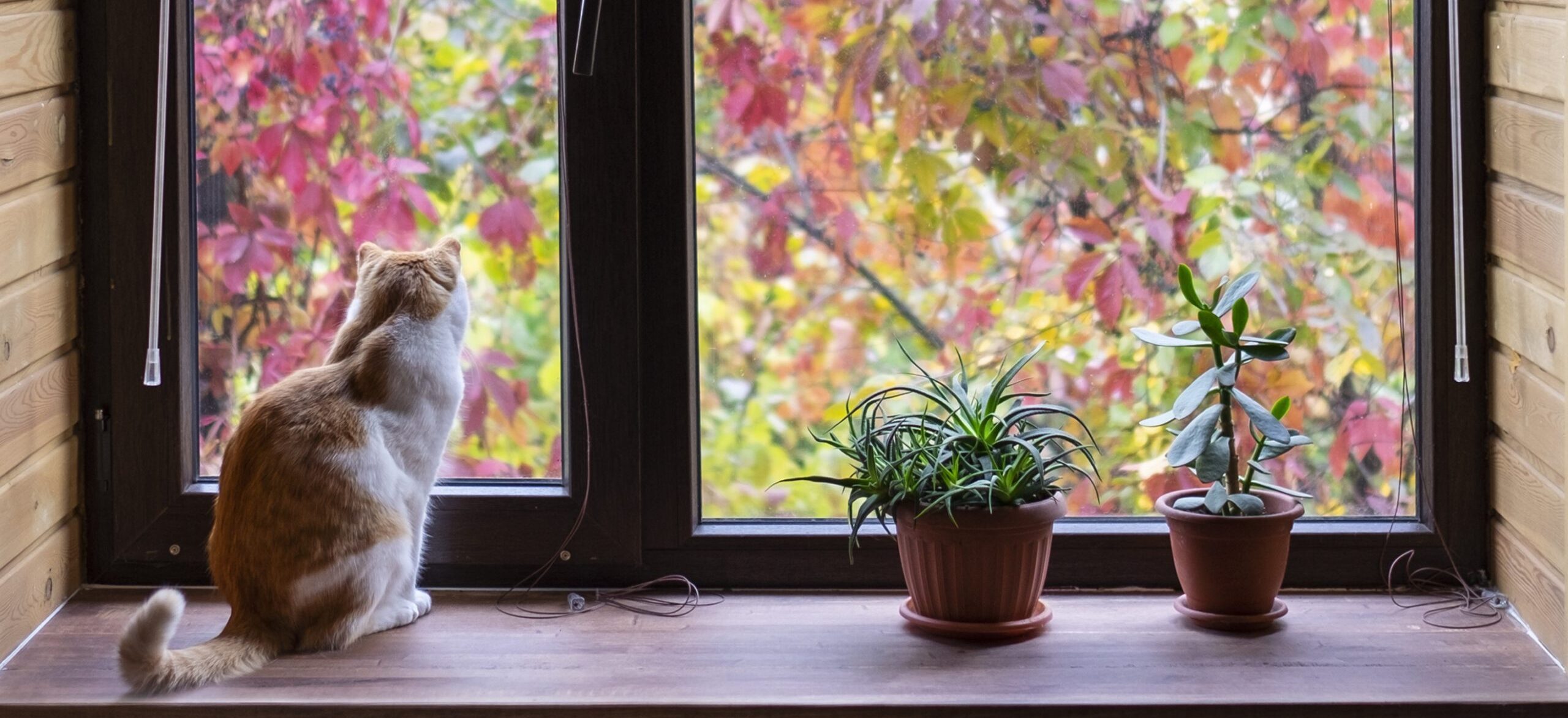At first, I was simply lonely for my husband. My loneliness was a specific ache—a physical pain for him. I missed him. I missed his presence, his personality, his security, his smile, his conversation, his embrace.
With every thump of my heart, it throbbed the absence of his presence.
But as the dust of grief settled over the next months, even years, it morphed into a different kind of loneliness—one built on the foundation of the first and therefore doubling in its enormity. It’s a loneliness, not just consisting of missing him, but a loneliness altogether.
A loneliness because, ya know, I was alone.
The loneliness of missing my life partner ballooned into the loneliness of facing life without him. It may sound the same, but it’s actually not. Walking life alone, parenting alone, grieving alone, carrying the burden of life alone, figuring things out alone, taking care of responsibilities and problems alone, and redefining myself alone—it all compounds the initial loneliness of missing him into a massive feeling of isolation as the world spun around me. My yoke of life, built for two, was now an awkward brace hanging about my neck, swinging haphazardly, causing my balance to shift off-kilter, propelling me in disjointed circles.
I had no pillow talk when my thoughts swirled at night. I had no partner to work through the mundane trials of life. Sharing my deepest thoughts became a burden to explain to others and became easier to simply keep to myself. The intimacy I was used to couldn’t be replaced or recreated, and thus, I simply went without it—like a psychological starvation.
Grieving without my partner added to the feeling of loneliness. Grief is inherently lonely. No one can share your specific journey. It is an individual one.
But your life partner is supposed to be there in the fiery crucibles of life. They are supposed to be the built-in support when life goes insane. And facing the biggest trial of my life without the most intimate person was a secondary sword. There was no one in the intimate moments to support me like my husband could. No matter how others tried to help, they couldn’t fill the vacancy because they have their own life, their own house, their own kids, their own spouse, and their own problems.
For me, this sense of loneliness grew after the first year—after survival mode—after the shock and denial wore off. It was then that the loneliness became a deafening silence. After the noise of raw grief had faded away. When my focus was able to shift from the pain of him being gone to the slow seep of recognition that I was still here, and I had to trudge forward, you guessed it—alone.
Loneliness is a powerful force. Though grief is a tsunami, coming in forceful waves, loneliness is a gravity pull—a constant force that never quite gives reprieve. At least not for a long time. My depression and struggle during my grief, if I had to pinpoint it, had a lot to do with this trifold loneliness. A perfect trifecta that isolated and smothered me.
The loneliness takes a long time to adjust to. We must slowly acclimate to the striking differences being alone brings. We must gradually and painfully conform to a new kind of life. Like everything else in widowhood, day by day, step by step, heartbeat by heartbeat.




